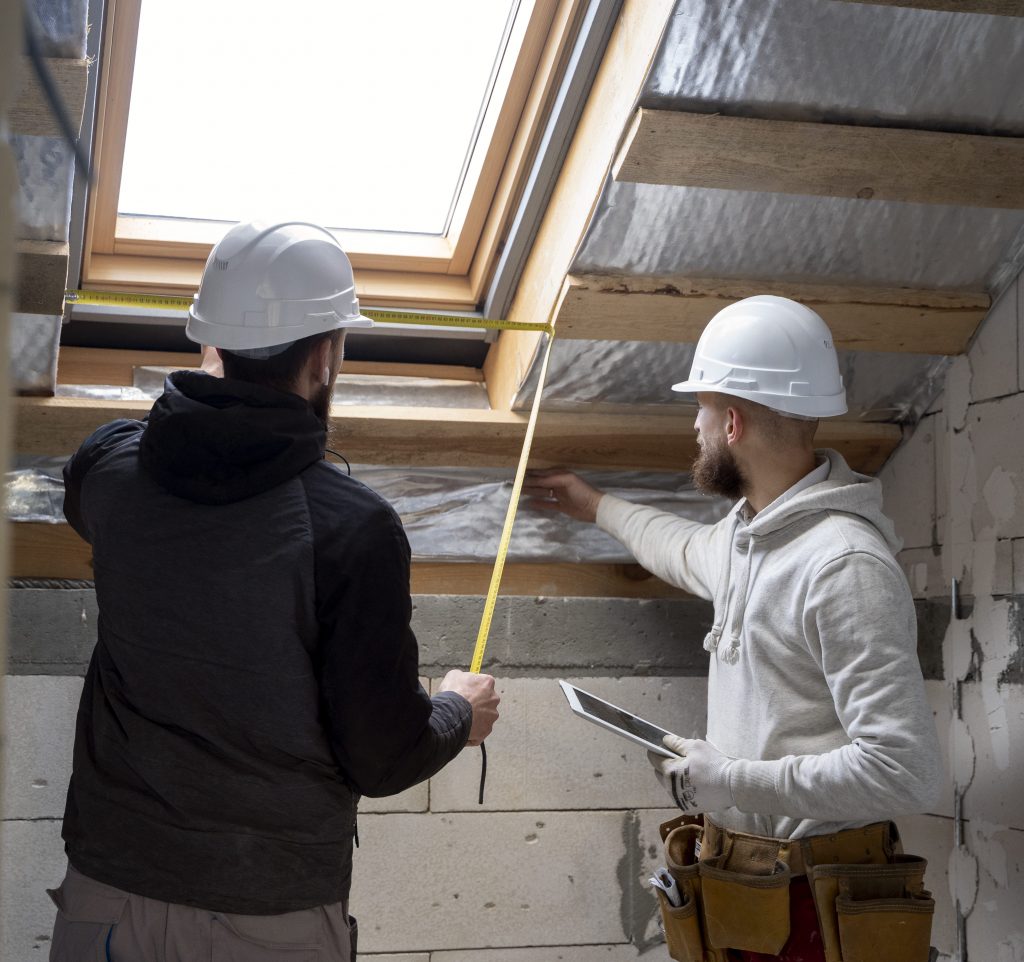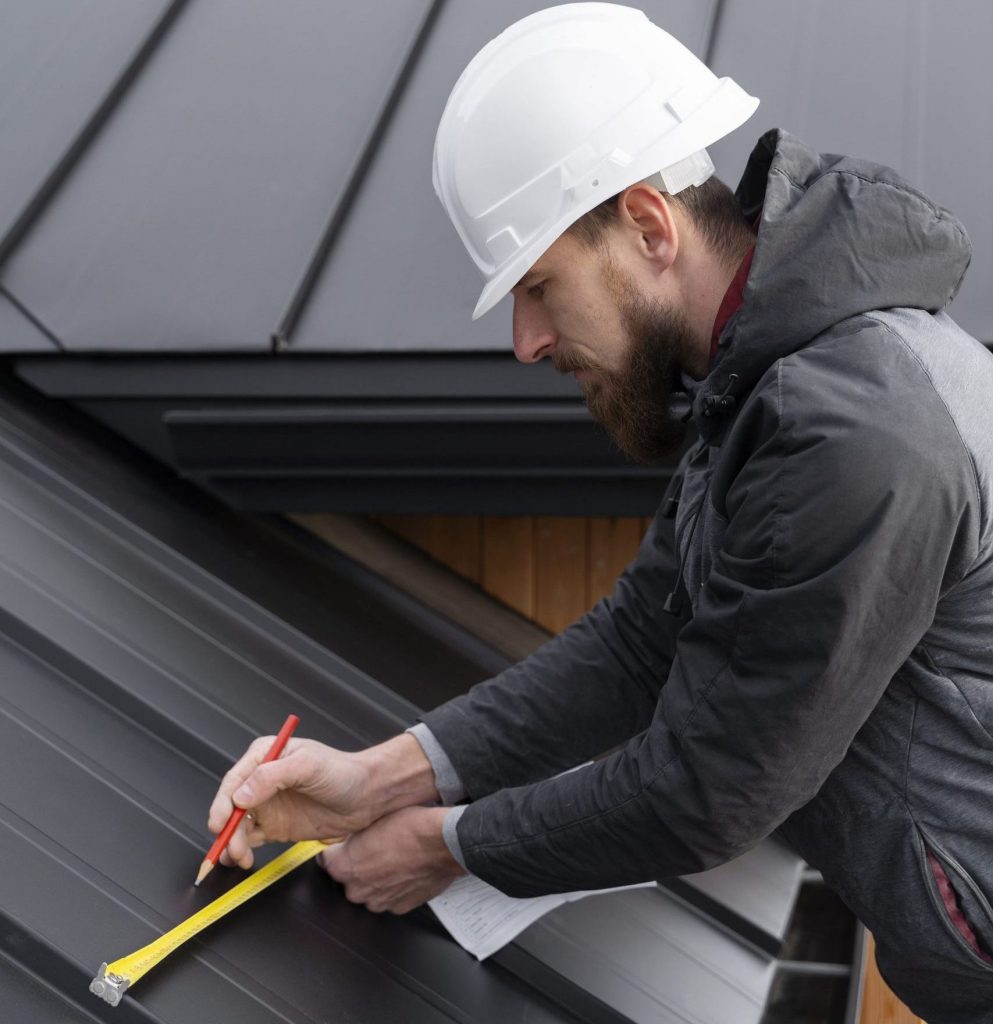Condition Survey
- Experienced Surveyor
- Customized Reports
- Latest Technology Equipments
- On Time Delivery
- 24/7 Customer Support
What is Condition Survey?
A condition survey is the inspection of the physical structure of a building and its different factors, including walls, roof, electrical or mechanical system. This survey diagnoses all possible risks and defects related to the building, which helps prevent the problems at their initial stage. It’s important to have a condition survey before renovating or upgrading to determine what issues need to be addressed and how much it will cost to fix them.
It doesn’t only identify the potential problems of your property, but it also comes up with easy and affordable solutions that you can use to fix that problem. However, it depends on the surveying company how many quality standards they meet. At Edward P Carlson, we have been conducting surveys since 2010 and providing surveying solutions to our clients with high industry standards. To book a free consultation, call 0800 158 8295 or use the contact form.

What Does A Condition Survey Covers?
A condition survey is a physical assessment of a building. But, it typically covers various aspects of an asset. However, these factors depend on the type of asset, but here are some common areas that are included in condition survey:
Building Structure: It includes the structural components of the asset, like walls, columns, beams, foundations, and roofs. We assess their condition, stability, and potential defects like cracks, corrosion, settlement, or signs of deterioration.
MEP Assessment: It includes analysis of mechanical systems (e.g., HVAC, plumbing) and electrical systems (e.g., wiring, lighting, power distribution). We check the proper functionality and safety compliance and identify any issues or maintenance requirements.
Interior and Exterior: We analyze interior and exterior finishes, including walls, floors, facades, ceilings, and paintwork. We identify any signs of wear, damage, or degradation that may affect the asset’s build or functionality.
Energy Efficiency: The survey also evaluates the energy efficiency and performance of the building. It can include energy usage, equipment maintenance records, and equipment performance.
Compliance and Regulations: This survey also checks asset compliance with relevant regulations and industry standards. It ensures that the building complies with the safety requirements, fire safety regulations, and other applicable regulations.
How Often Does Condition Survey Need To Be Carried Out?
The time frame for conducting condition surveys depends on the type of asset. However, typically it’s recommended at regular intervals normally, it ranges from every 3 to 5 years for commercial properties and every 5 to 10 years for residential properties. However, older buildings or those with complex systems may require more frequent surveys.
The inspection cycle for infrastructure assets like bridges, roads, and pipelines is usually longer. The survey may be conducted every 5 to 10 years, but some crucial areas may need to be inspected frequently.

How Condition Survey Grades Building?
The condition surveys provide results based on a grading or rating system. The grading system may vary on the company and field standards. Here’s a simplified explanation of how a condition survey may grade a building:
- A (Excellent/Very Good)
- B (Fair/Average)
- C (Poor)
- D (Critical/Very Poor)
How It Can Be Beneficial?
There are a lot of benefits of having a condition survey. It helps diagnose existing defects, flaws, or areas of concern, allowing the owner to prioritize and plan maintenance and repair activities effectively. It provides quality information and understanding that help to make informed decisions about safety and regulation compliance.
Finally, it also plays a vital role in increasing the value, longevity, and performance of the surveyed object or property. If you’re considering having a condition survey, Edward P Carlson can help. Call 0800 158 8295 or complete the form now to get started.
Request a Quote
